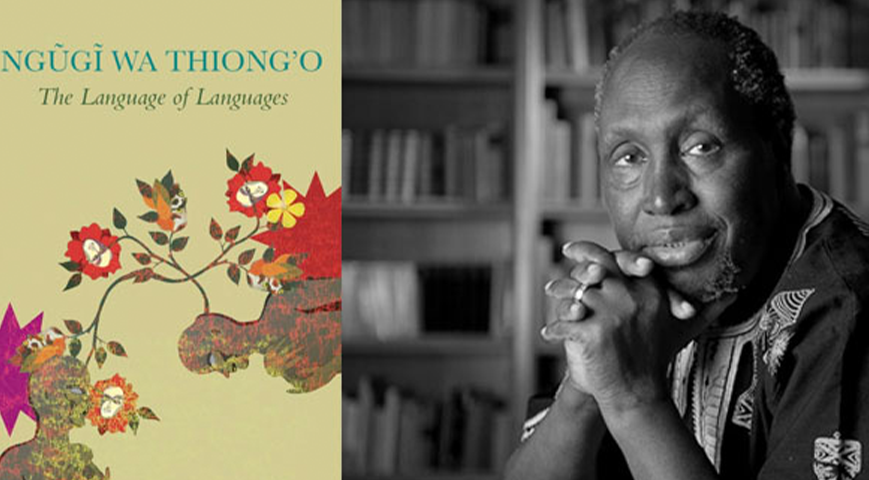Veteran Kenyan writer and literary icon, professor Ngũgĩ wa Thiong’o has died at the age of 87.
The news of his passing was confirmed by his daughter, Wanjiku wa Ngũgĩ, in a post on Facebook. “We regret to inform you of the passing of our father, Ngũgĩ wa Thiong’o, who was 87 years old,” she wrote. “He lived a full life and fought a valiant battle. As his final request, we will honor his life and share more details soon.”
Ngũgĩ’s death has deeply affected many, sparking an outpouring of grief and tributes across Kenya and around the world. Social media has been flooded with messages of sympathy and remembrance, as fans and fellow writers reflect on his enduring legacy.
Ngũgĩ was widely respected for his profound and politically charged works, which explored themes of colonialism, African identity, culture, and justice. Among his most influential books are Weep Not, Child, The River Between, and Decolonising the Mind. He wrote in both English and Kikuyu, consistently advocating for the preservation and respect of African languages.
Throughout his life, Ngũgĩ remained a fearless voice for truth and justice. His strong political stance led to years in exile, and in the 1970s, he was imprisoned for writing a play that openly criticized the government. Still, he never wavered in his commitment to freedom, education, and the rights of ordinary people.
President William Ruto and other national leaders have extended heartfelt condolences to Ngũgĩ’s family, with Ruto hailing him as a “true hero of African literature.” Many Kenyans have taken to social platforms to express how his writings shaped their understanding of history, culture, and identity.
Professor Ngũgĩ wa Thiong’o’s legacy will live on through his words, which continue to inspire generations across the globe.











